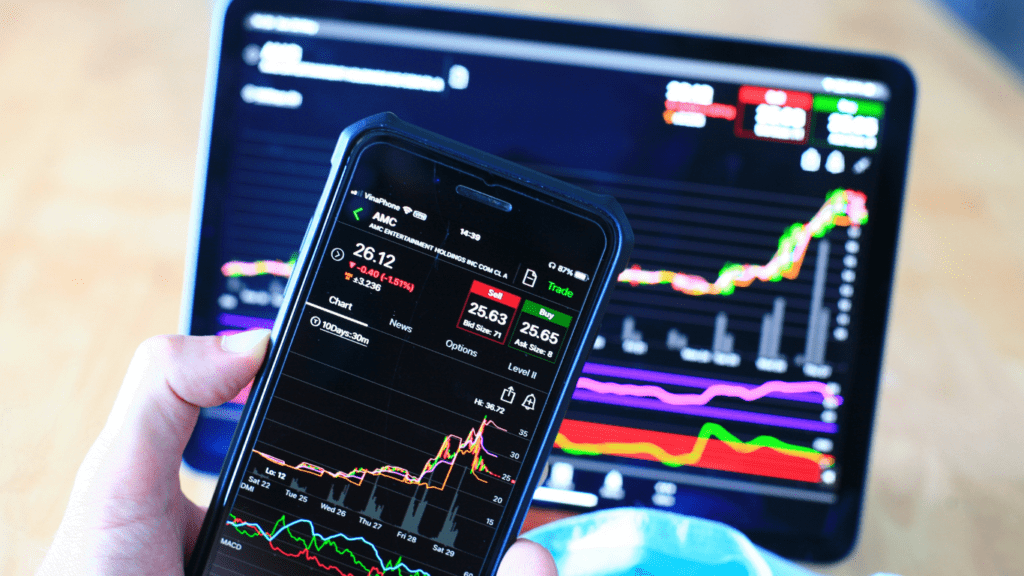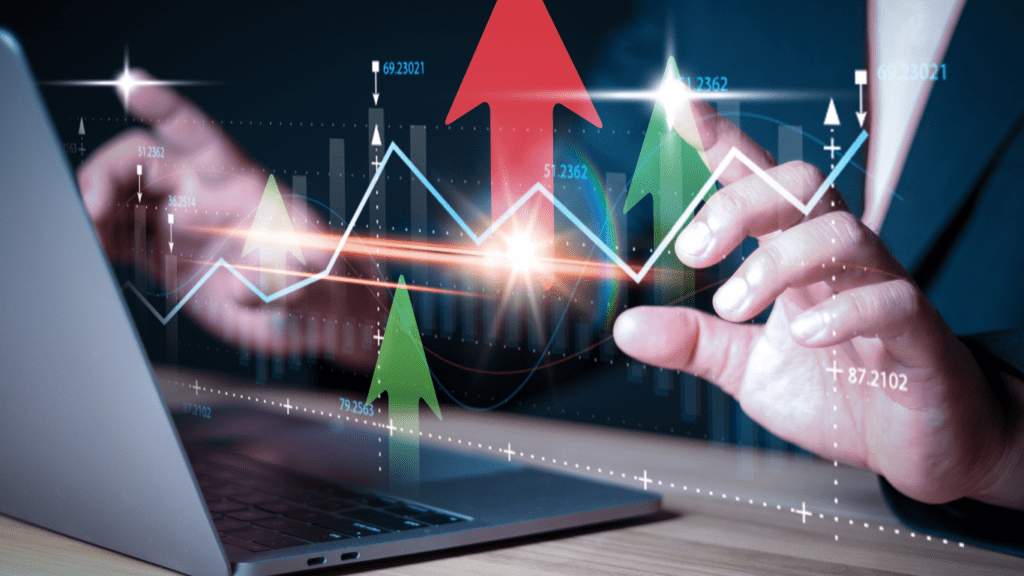In today’s fast-paced digital age, the media plays a pivotal role in shaping public opinion on economic matters. As a seasoned blogger, I’ve delved into the intricate relationship between media influence and public perception. The power of the media to sway economic sentiments cannot be underestimated.
Through my years of experience, I’ve witnessed how media narratives can impact consumer behavior, stock markets, and even government policies. Understanding the dynamics of how the media portrays economic issues is crucial in comprehending the broader implications on society. Join me as I explore the nuances of how the media shapes economic public opinion and influences decision-making at a societal level.
Understanding the Role of Media in Economic Perceptions
Historical Perspective
Exploring the historical context of media’s influence on economic perceptions unveils a long-standing relationship between the two. Throughout history, media channels have played a pivotal role in shaping public opinion on economic matters. From newspapers in the 19th century to the digital platforms of today, the dissemination of economic news and analysis has been integral to how individuals perceive and respond to economic trends. Understanding this historical continuum provides insights into the evolving dynamics of media’s impact on economic perceptions.
The Power of Narrative Framing
The power of narrative framing in shaping economic perceptions cannot be overstated. Media outlets have the ability to frame economic stories in a particular light, influencing how audiences interpret and react to the information presented. By emphasizing certain aspects of an economic issue while downplaying others, media organizations can steer public opinion in specific directions. Recognizing the nuances of narrative framing in economic reporting is essential for grasping how media influences public understanding of complex economic concepts and events.
Analyzing Media Impact on Economic Policy Views
Studying how the media influences economic policy views sheds light on the intricate relationship between information dissemination and public reactions to economic decisions.
Case Studies: Media Influence on Policy Reactions
Examining case studies where the media played a crucial role in shaping public opinion on economic policies highlights the direct impact of media narratives on governmental responses and public sentiment. For instance, during the financial crisis of 2008, media coverage portraying mortgage-backed securities as risky investments contributed to increased public skepticism towards financial institutions, influencing policymakers to implement regulatory reforms to restore trust in the banking sector.
Opinion Polls and Media Coverage Correlations
Analyzing the correlation between opinion polls and media coverage provides insights into how the media influences public perceptions of economic policies. Research has shown that when media outlets consistently highlight negative aspects of a specific policy, public opinion tends to align negatively as well. Understanding these correlations enables policymakers to anticipate public reactions and strategize communication efforts to mitigate potential backlash or misunderstandings.
Key Types of Media and Their Distinct Influences
Exploring the diverse landscape of media channels unveils their distinct impacts on shaping economic public opinion. From traditional newspapers to modern digital platforms, each type influences perceptions in unique ways, molding economic narratives and policy perspectives.
- Traditional Newspapers and Magazines
Traditional newspapers and magazines have long been stalwarts in shaping economic public opinion. Their in-depth analysis, editorials, and investigative journalism play a significant role in framing economic issues for the masses. The traditional print media often sets the agenda for economic discourse, influencing how people perceive government policies, market trends, and financial decisions.
- Digital Media and Social Networks
In the digital age, the rise of online platforms and social networks has revolutionized the dissemination of economic information. Digital media enables real-time updates, interactive discussions, and viral content sharing, amplifying the speed and reach of economic news. Social networks like Twitter, Facebook, and LinkedIn not only provide instant access to economic updates but also facilitate grassroots movements, shaping economic narratives through user-generated content and influencer endorsements.
Addressing Bias and Accuracy in Economic Reporting
As an expert in media analysis and economic communication, I understand the critical importance of addressing bias and ensuring accuracy in economic reporting. Let’s explore the challenges of maintaining objectivity and the significant consequences of misinformation in this context.
Challenges of Maintaining Objectivity
Maintaining objectivity in economic reporting is a fundamental aspect that media professionals must navigate. The challenge lies in presenting information without bias, allowing the audience to form their opinions based on facts rather than subjective interpretations. In a rapidly evolving economic landscape, it’s crucial to uphold journalistic integrity and avoid sensationalism or favoritism towards specific economic interests. By maintaining a neutral stance and providing objective analysis, media outlets can build trust with their audience and contribute to a more informed public discourse on economic matters.
The Consequences of Misinformation
Misinformation in economic reporting can have far-reaching consequences, influencing public perceptions, market behavior, and policymaking decisions. When inaccurate or misleading information is disseminated through the media, it can lead to widespread confusion, market volatility, and erosion of trust in economic institutions. Moreover, misinformation can contribute to the spread of financial rumors, fueling speculation and undermining the stability of financial markets. As a result, combating misinformation and promoting fact-based economic reporting are essential to fostering a well-informed society and facilitating sound economic decision-making processes.


